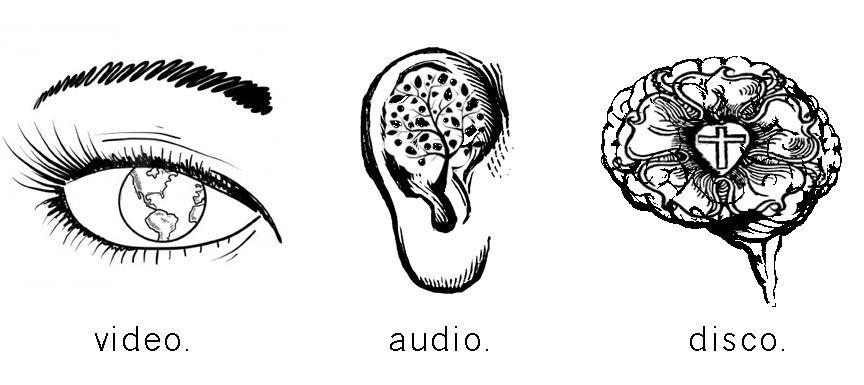
Over the past four weeks we've heard a lot about the popular TV series, LOST. The season finale, which aired on May 23rd, drew in 13.5 million viewers for an exciting 2-hour episode. In the days following, newspapers, blogs and internet buzz covered all things LOST, while dedicated fans re-watched the finale with the hopes of tying up the loose ends of a complicated, time-warping plot.
I was not one of those fans. Having never seen an episode of LOST I cannot add anything valuable to conversation about the series that captured millions. Nor can I answer any inquiries about islands, flashbacks, airplanes, or the Darma Initiative. However, as an outsider looking in, I would like to humbly offer my own perspective on how LOST has effectively demonstrated what I believe is an important and timely (although not new by any means) message for our world.
After dialogue with many LOST fans and reading a handful of reviews about the series, I have noticed one dominant motif. It seems that while LOST left many questions unanswered, ultimately the series was an extraordinary specimen of storytelling and character development. In short, it's all about the characters and their stories. The writers of the series brilliantly (I am assuming based on secondary sources) integrated philosophical, theological, and literary concepts into the plot. It even had a dash of quantum physics to chew on. All in all, LOST seems like a profoundly interesting TV show that did not pander to the lowest common denominator of viewers. This I like.
And what I really like is that the general consensus about LOST provides us with a fairly solid world view for "real life." That is, life is not as much about answering all questions as it is about the story and the characters. At the end of its story, LOST remains mysterious and somewhat confusing. At the end of the day, life is very similar: mysterious, filled with wonder, and often times downright perplexing. But what outshines these mysteries is the story - a story that is too good to miss. It is a story in which the interdependence and relationships between characters is what matters most.
As Jack said in season one, "If we can't live together, we're going to die alone." Characters, not answers, is what life is all about.
This became even more explicit in Jack's quest to solve problems scientifically [thank you Jesse O'Brien for this insight]. Ultimately, it seems that even science comes up short in explaining and solving the mysteries of the island. So too do science and reason fall short in explicating the wonders of life. At the end of the day it is faith - in story and characters - that give us ground to stand on. In my experience, it is faith in a grand narrative and my place within that story that allows me to appreciate the interdependence of characters and the beautiful mysteries of chapters yet to be told.
There is something more beautiful, more true about life when we humbly admit that we cannot explain everything and we resort to having some kind of faith. A great example of this is found in Job, a man who suffered many inexplicable things and wondered much about life's mysteries. But at the end of his journey, Job concludes, "Therefore, I have uttered what I did not understand / things too wonderful for me, which I did not know" (Job 42:3).
Having never seen an episode of LOST I am just that - lost. But I do see an interesting - and not coincidental - philosophy driving what makes this TV series such a "true" story about life. Perhaps someday I will find myself stranded on a desert island with a TV and the entire LOST archive and I can watch this interesting story for myself.
